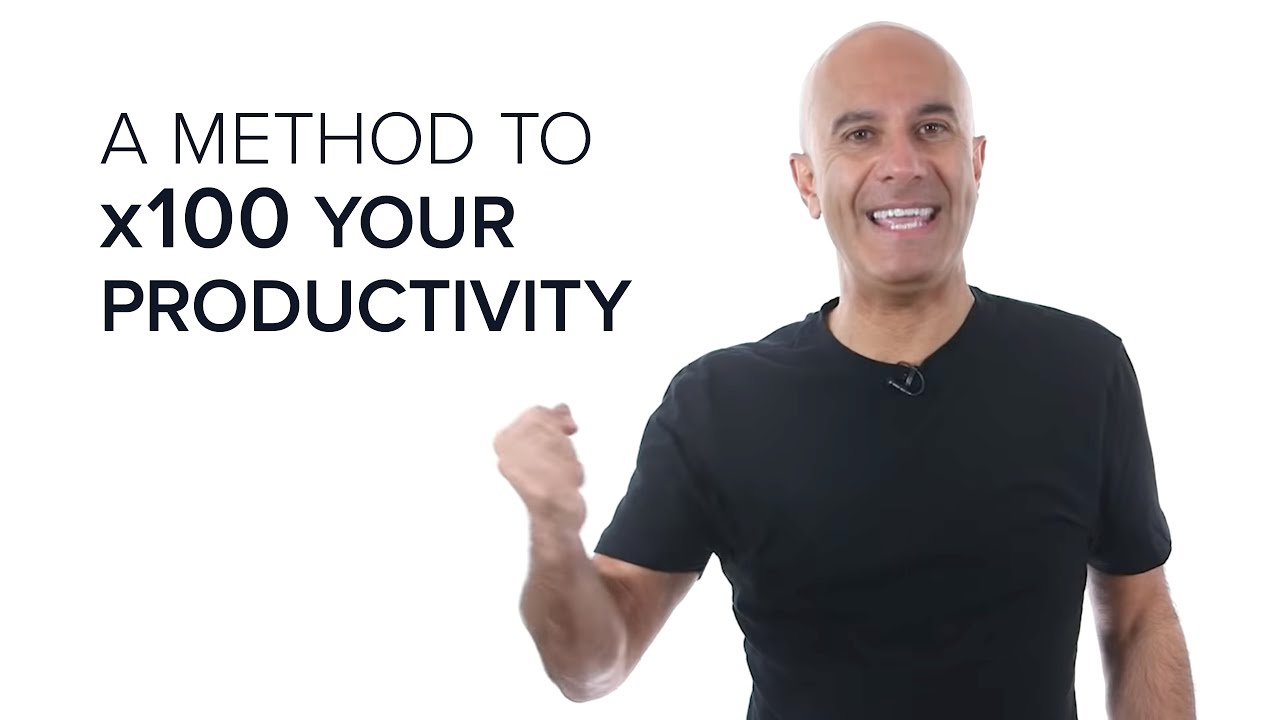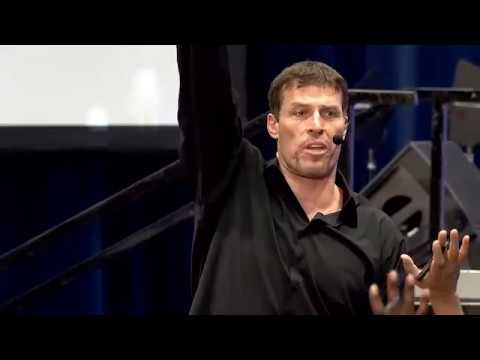Last days to join Business Strategy for Top Executives Masterclass with Costas Markides
Next week on March 23, 2021, founders and entrepreneurs, CEOs and investors, business developers and sales executives will participate in Business Strategy for Top Executives Masterclass with acclaimed Prof Costas Markides.
If you’re looking to turn your business from disrupted to disruptor and find innovative ways to thrive, then this masterclass is for you.
These are the last days you can get your tickets.
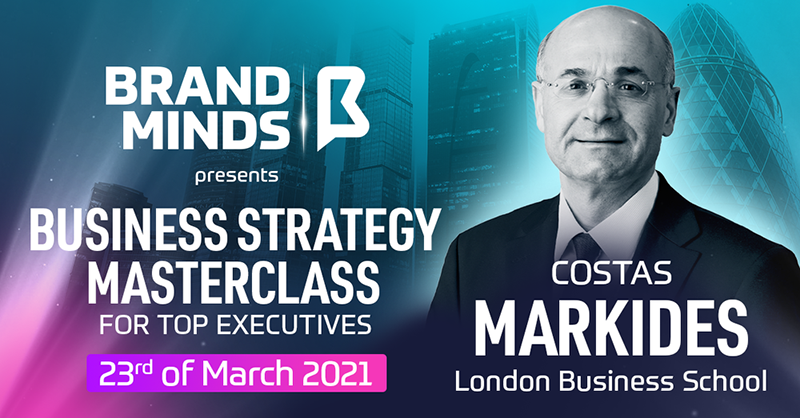
The masterclass is held online through live streaming. It starts at 9 am and ends at 5 pm with a Q&A session which is a great opportunity to get answers to your questions. An outside perspective over your particular situation is invaluable. It could light a new pathway that you couldn’t have seen otherwise.
Here is the agenda of Business Strategy for Top Executives Masterclass:
Session 1: STRATEGY IN A VOLATILE WORLD
Success doesn’t come by chance or fall in your lap. It’s the result of a well-thought strategy and an excellent implementation plan.
You know how they say about overnight success?
This overnight success has taken ten years of hard work and perseverance.
That’s why you need a strategy for your business. And given the volatile nature of the world we are living in, even more so today.
Every successful business has a successful strategy. Remember: strategy before tactics.
Amazon’s main strategy is to focus on their customers. But the global leader of the ecommerce market doesn’t just listen to its customers.
Year after year, since 1997, Amazon sets out to delight its customers.
And that’s the drive pushing every improvement and product or service that the company has ever made: its search recommendation engine, AWS, one-click purchase, Alexa and so on.
Join the masterclass to upgrade and improve your business strategy!
Session 2: STRATEGIC AGILITY IN TODAY’S WORLD
There has never been a better time to go agile in business. Times are changing quickly and the business environment must adapt and keep up.
In 2014, consulting company McKinsey & Co introduced two new dimensions to their organisational surveys: speed and flexibility.
They described the companies that combined both as agile.
Companies that are agile can adapt quickly to new challenges and opportunities. They mobilize quickly and show a strong relationship between organizational health and the creation of value. They move to market faster than traditional companies and have lower costs.
Join the masterclass to discover ways to create strategic agility for your business!
Session 3: MOBILIZING THE WHOLE ORGANISATION FOR STRATEGY EXECUTION
Whether you lead a business of thousands of employees or a small team of five, you need to be aware that for the strategy to work, everyone must be on board.
Every employee, from front desk to product development to supplier quality has to understand the strategy, contribute to its implementation and be on the same page with everyone else.
Learn from strategy expert Costas Markides how to mobilize your organisation for strategy execution.
Session 4: NEW CHALLENGES FOR LEADERS
One of the abilities that successful leaders need to develop or acquire is the ability to see around the corner.
What does that mean?
It means to have one foot in the future.
It implies to be able to spot trends before they go mainstream and take steps to leverage them to the benefit of your business.
It’s called strategic foresight. Strategic foresight allows companies to prepare for the future.
What challenges do leaders have to face in the near future?
Is it employee high turnover due to low engagement levels in the context of the work-from-home situation?
Everything going digital and online?
Changes in customer behaviour?
Attend the Business Strategy for Top Executives to find out!
Join the Conversation
We’d love to hear what you have to say.
Get in touch with us on our LinkedIn Page, Facebook Page, Twitter or TikTok.
Top 5 of the most influential speakers on personal development
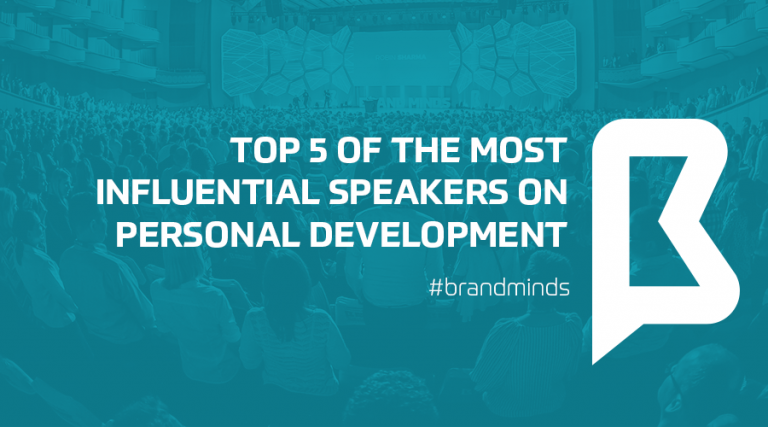
Entrepreneurship and personal development go hand in hand.
You need to keep developing your skills and acquire new ones if you want to stay ahead of the game and reach your full potential.
Here is our list of 5 most influential speakers on personal development that we, at Brand Minds love and follow.
Robin Sharma, Living a world-class life
Robin Sharma is one of the top leadership experts in the world and the author of the best-selling book The monk who sold his Ferrari.
His work is embraced by rock stars, royalty, billionaires and many celebrity CEOs. His clients such as Starbucks, Nike, GE, The Coca-Cola Company, NASA and Microsoft are using his leadership methods to drive real growth and top performance.
We are delighted this year Robin came to Bucharest to speak at Brand Minds 2018. We have known Robin through his videos and speeches: he speaks with calm passion, drawing from personal experience and observing other high performers. Robin recommends strategies and tactics for everyone to live a world-class life.
Is your work or personal life suffering from the digital distractions of modern life?
If your answer is Yes, listen to Robin speak about a few ways to stop procrastinating and increase your daily productivity:
A Method To x100 Your Productivity
Tony Robbins, Unleash the power within
Tony Robbins is a life and performance coach and a speaker well-known for his live event, Unleash the power within. He has created a 3-part system for everyone to achieve their ultimate goals and experience the fulfilment they desire.
Tony says you are already on the right path if you know the answers to the following questions:
What do you really want?
What’s preventing you from having it?
How do you change your life now?
Tony is a high-energy level, larger than life character. He likes walking among the people attending his live events, interacting with them and talking in a booming voice about what keeps us from achieving happiness.
Listen to Tony talking about how emotions influence purchasing decisions.
Brene Brown, Research professor and Storyteller
Brene Brown is a research professor at the University of Houston. She has spent the past two decades studying courage, vulnerability, shame and empathy. She is the author of four books: The Gifts of Imperfection, Daring Greatly, Rising Strong, and Braving the Wilderness. Her new book, Dare to Lead: Bold Work. Tough Conversations. Whole Hearts., is scheduled for publication in October 2018.
Brene’s reputation as a speaker is built on her ability to explore difficult topics with tremendous honesty, warmth and humour. She is a thought-leader and storyteller with the rare ability to both inspire audiences and leave them with actionable change strategies.
Her most popular TED speech, The power of vulnerability has exceeded 7 million views.
We are delighted Brene will be speaking at our conference next year, Brand Minds 2019.
Listen to Brene talk about vulnerability and leadership.
Gary Vaynerchuk, #AskGaryVeeShow and #DailyVee
Gary Vaynerchuk is a serial entrepreneur and co-Founder & CEO of VaynerMedia and one of the world’s leading marketing experts. With more than 3.5 million fans on social media, Gary shares his ongoing journey as an entrepreneur in his daily vlog, #DailyVee. He also hosts The #AskGaryVee Show, on which he answers questions about digital media, entrepreneurship, leadership and more, based on a lifetime of building successful, multi-million dollar companies.
Gary is coaching without being a coach. He motivates people by speaking from his heart. It’s easy to connect to his tell it as it is, raw and in your face style because it is his way of communicating himself and with others.
Listen to him talking about the biggest poison in us.
Simon Sinek – Start with WHY
Simon Sinek is a motivational speaker, marketing consultant and the author of the best-selling book Start With Why: How great leaders inspire everyone to take action.
Simon explores how leaders can inspire cooperation, trust and change. Simon has an inquisitive mind and is a good observer. He speaks in a warm and calm voice, he conveys his perspective on leadership in a relaxed manner.
Listen to Simon talking about the reason why leaders eat last.
Which of the above-mentioned speakers do you like and follow?
Top 6 tech leaders in 2018
We are inspired by their vision and leadership styles.
Some of them set out to change the world.
Others changed the company’s core values to usher in a new era of evolution and development.
Here is our top 6 tech leaders in 2018:
Tim Cook, CEO of Apple – “We give back in job creation”

photo: politico.com
In 2011, after Jobs resigned, Cook was named the new CEO of Apple.
His leadership focuses on people, strategy, and execution.
He also states that a company should have values because a company is a collection of people.
Asked about what Apple gives back to society, Tim replied:
We give back through our work in the environment, in running the company on renewable energy. We give back in job creation.
Under Tim Cook, Apple has the same focus on standout hardware and design as it had under Jobs. But Cook is making his mark by highlighting the importance of social efforts: LGBT rights, philanthropy, corporate diversity, renewable energy and improving manufacturing conditions abroad.
Apple market value 2018: $910 billion (source: money.cnn.com)
Sundar Pichai, CEO of Google – “Let others succeed”
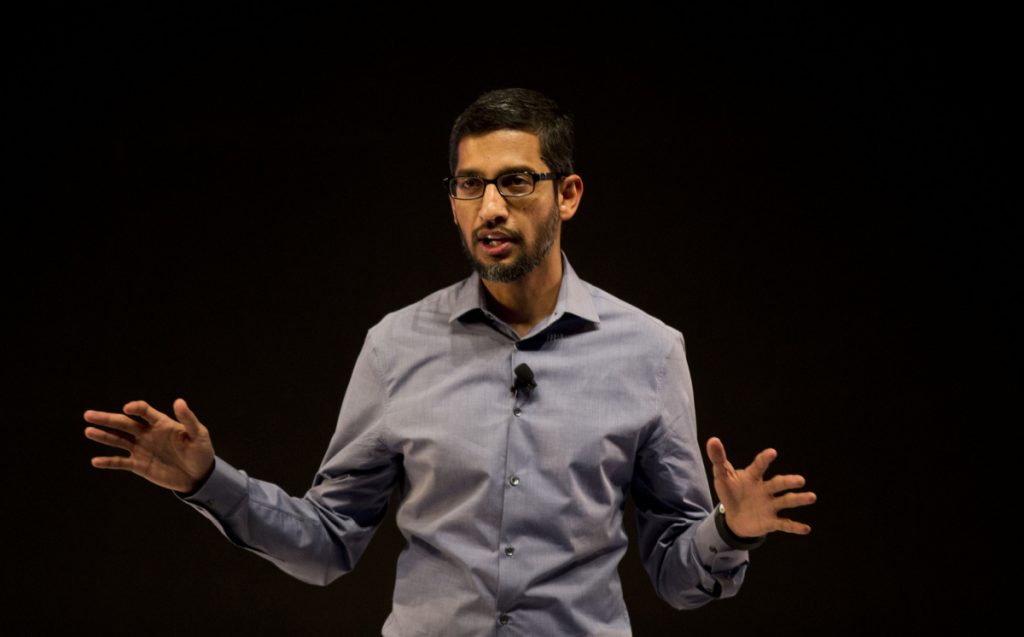
photo: fictional4.rssing.com
Sundar Pichai was appointed CEO of Google in 2015, following Larry Page, the co-founder and former CEO of Google.
Sundar joined Google in 2004 and was involved with developing a series of client software products including Google Chrome, Google Drive, Gmail, Google Maps and Android.
In Sundar’s opinion leadership is
less about trying to be successful (yourself), and more about making sure you have good people and your work is to remove that barrier, remove roadblocks for them so that they can be successful in what they do.
He focuses on building Google as a collaborative culture company and is a much-loved leader by his employees.
Google market value 2018: $762.5 billion (source: cnbc.com)
Jeff Bezos, founder and CEO of Amazon – “Get Big Fast”

photo: inc.com
Jeff Bezos is the founder and CEO of Amazon, the world’s largest online shopping retailer. He founded his company in 1994, in his garage and named it after the Amazon River and because it started with A, the first letter of the alphabet.
Although Amazon was originally an online bookstore, Bezos had always planned to expand to other products.
To push Amazon forward, Bezos developed the mantra “Get Big Fast”, which spoke to the company’s need to scale its operations and establish market dominance.
Bezos is known to enforce a 2-pizza rule, which means the meetings must be small enough where two pizzas can feed everyone in the boardroom.
Amazon market value 2018: $702.46 billion (source: fortune.com)
Satya Nadella, CEO of Microsoft – “The C in CEO stands for Culture”

photo: cnbc.com
In 2014, Satya Nadella became the current CEO of Microsoft, following Bill Gates and Steve Ballmer.
The most important change that Satya brought to Microsoft was shifting the company’s culture. He says that his job as CEO is to create a culture that focuses on listening, learning, and harnessing individual passions and talents. Satya also placed employer empowerment at the core of Microsoft’s culture.
Nadella is the author of Hit Refresh:The quest to rediscover Microsoft’s soul and imagine a better future for everyone. In his book, he explores his life, his career in Microsoft and how he believes technology will shape the future.
In the years since Satya became CEO, Microsoft stock have risen more than 130% achieving an all-time high.
Microsoft market value 2018: $699.22 billion (source: fortune.com)
Jack Ma, founder and CEO of Alibaba – “Customers first, employees second, and shareholders third”

photo: byrslf.co
A former English teacher, Jack learned about the internet in 1995 and realized early on that the internet had something great to offer. After a few business fails, Jack founded Alibaba, a China-based business-to-business marketplace site in 1999. Soon Alibaba became a multinational technology conglomerate and one of the most valuable technology companies in the world.
Jack Ma is an enlightened leader.
One of his goals is to improve the lives of employees who grow with the company, by offering them Alibaba stock options. He believes in the empowerment of the young by enriching their culture and education.
His focus is
to make sustainable money while being responsible to the society and improving the world.
Alibaba market value: $500 billion (source: technode.com)
Mark Zuckerberg, founder and CEO of Facebook – “Making the world more open and connected”

photo: wired.com
Mark Zuckerberg launched Facebook in 2004, from his dormitory room at Harvard University.
He says Facebook’s mission is
to give people the power to build community and bring the world closer together.
There are 7.6 billion people in the world (as of March 2018, according to worldometers.com) and Facebook reported that 2.13 billion are monthly active Facebook users! Although controversial, Facebook is too big to ignore.
Mark is a transformational leader.
He motivates employees through his passion for online communication and his constant pursuit to improve and innovate. He provides employees an opportunity to share in the success and views making mistakes as an opportunity for growth within the company.
Facebook market value 2018 (following Cambridge Analytica scandal): $476.83 billion (source: techcrunch.com)
If you liked the article, share it with your friends!
How to increase trust and create well-being in your organization
“Trust is the willingness to be vulnerable to the action of others. Trust is a choice. Trust means that we have confidence in the intentions and motives of the other party. We trust it to advance and to protect our interests, our wellbeing. We understand trust as being the quality of love, commitment, friendship and partnership,” wrote Aldo Civico for Psychology Today.
According to weforum.com, PwC has conducted research, run focus groups and talked to both leading experts as well as the everyday person on the topic of trust, the question being: what makes up trust in a business – and can it be quantified? What they found out was that, indeed, trust could be measured. When considering if a company should be called trustworthy, people are looking for:
· Competence – Does the organization do what it says it will?
People expect companies to be reliable and transparent. A fast-food company should be upfront about the possibility their delivery will be delayed, for example. In cases of major delay, companies should be forthright about not even accepting the customer’s order. Fast food is supposed to be “fast”, after all.
· Experience – Does the organization keep its promises?
Companies are expected to be responsive, to listen to public feedback, to make the necessary improvements and treat customers as individuals. (My experience with Marks & Spencer’s high-quality and consistent customer service comes to mind again.)
· Values – Do you believe in the organization?
People want brands to understand their needs, to hold the right sort of principles and to care about their impact on society. Clothing retailers that source their cotton from fair trade suppliers are increasingly in demand because they are not seen to be exploiting cheap labour and because their products will benefit small-scale agricultural workers.
At the same time, The Ken Blanchard Companies researchers surveyed 1,800 workers looking at the connections between trust, well-being and coaching behaviors.The research found that trust and well-being were both positively impacted by perceptions of managers engaging in three key behaviors.
- Facilitation: Helping employees to analyze and explore ways to solve problems and enhance their performance.
- Guidance: The communication of clear performance expectations and constructive feedback regarding performance outcomes, as well as how to improve.
- Inspiration: Challenging employees to realize and develop their potential.
Moreover, a paper which accompanies the research shared four coaching skills to help managers move away from some typical tendencies—telling people what to do, making assumptions, and solving problems—and instead adopt a coaching mindset. Those skills are: listen to learn, inquire for insight, tell your truth and express confidence.
On its turn, inc.com identifies four critical elements of trust that leaders need to be aware of and that apply to both leaders and team members alike: able, believable, connected and dependable. More on their perspective one can read here.
10 Things you might not know about Robin Sharma
For nearly 20 years, many of the most well-known organizations on the planet, ranging from Nike, GE, Microsoft, FedEx, PwC, HP and Oracle to NASA, Yale University and YPO have chosen Robin Sharma for their most important events, when nothing less than a world-class speaker will do. More about him you can find next.
1.He believes you really don’t have to make sudden changes or frightening optimizations to raise your game and revolutionize your life. Instead, just master each day, by simply devoting to delivering a few micro-wins that, over time, elevate you to a place called wow. And a league called legendary.
2. He offered 60 tips for a stunning great life that include pieces of advice such as: get serious about gratitude; expect the best and prepare for the worst; plan a schedule for your week; get a mentor; hire a coach; find more heroes and be a hero for someone, etc. More you can find here.
3. Sharma’s books such as The Leader Who Had No Title have topped bestseller lists internationally and his social media posts reach over six hundred million people a year, making him a true global phenomenon for helping people do brilliant work, thrive amid change and realize their highest leadership capacities within the organization so that personal responsibility, productivity, ingenuity and mastery soars.
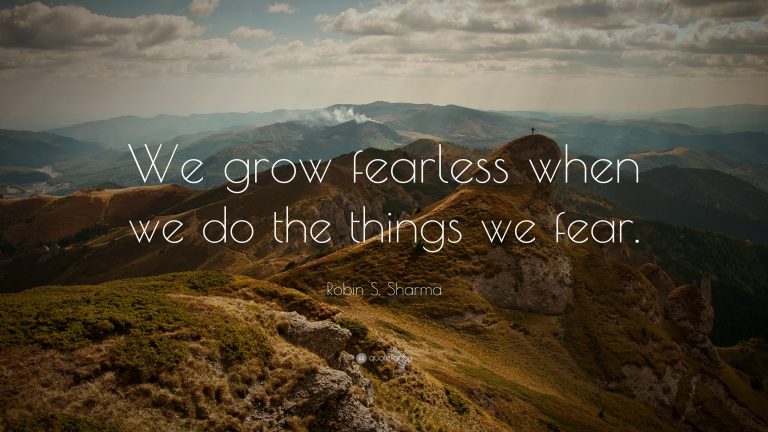
4. He has been ranked as one of the Top 5 Leadership Gurus in the World in an independent survey of over 22,000 business people and appears on platforms with other luminaries such as Richard Branson, Bill Clinton, Jack Welch and Shaquille O’Neill.
5. Robin Sharma is one of the world’s premier speakers on Leadership and Personal Mastery. As a presenter, Sharma has the rare ability to electrify an audience yet deliver uncommonly original and useful insights that lead to individuals doing their best work, teams providing superb results and organizations becoming unbeatable.
6. According to him, fear ruins more bright lives than you might imagine. Each of us, by virtue of our very human nature, has the potential to Lead Without Title and achieve great things that elevate everyone around us by our model of possibility. But the chattering voice of fear in our heads stops us from playing big.
7. He loves the word leadership. It makes him think of Mandela and Gandhi. Gates and Edison. Mozart and Beckham. Bono and Bieber. It’s a word that he has been passionately building the past 20 years of his life around, reminding so called ordinary people that they are called to lead. And create. And contribute. And win.
8. According to him, the job of a leader is to grow more leaders. “If you’re not building more leaders, then you’re not leading, you’re following. Your job (regardless of whether or not you have a title) is to help people do work they never dreamed they could do. Your job is to inspire people to own their talents, express their gifts and do the best work of their lives. That’s part of what it truly means to lead”.
9. One of the quotes that changed his life is: “I learned this, at least, by my experiment: that if one advances confidently in the direction of his dreams, and endeavors to live the life which he has imagined, he will meet with a success unexpected in common hours.” – Henry David Thoreau, Walden: Or, Life in the Woods.
10. Sharma believes that one should make time every day to reconnect to his / hers highest ideals and boldest dreams. Without hope, people perish.
Marketing research done right
Either you start a new business, launch a new project / product / service or you just want to stay ahead of your competition, a strong and smart marketing research will give you the necessary advantage over the competition. Moreover, in this ever-changing and moving market, with the technology changing it day by day and with consumers always up-to- date and in control of the situation, research becomes more and more important daily. Therefore, market research is a key component of any good product team management process, sales and marketing strategy, or business growth strategy.
“Marketing research can give a business a picture of what kinds of new products and services may bring a profit. For products and services already available, marketing research can tell companies whether they are meeting their customers’ needs and expectations. By researching the answers to specific questions, small-business owners can learn whether they need to change their package design or tweak their delivery methods–and even whether they should consider offering additional services,” writes entrepreneur.com.
Research deserves its important place in a business activity and should be treated accordingly. We are presenting you some of the steps you must take in order to make sure your research is done right.

source: AdWeek
- Primary research focuses on gathering data from analyzing current sales and the effectiveness of current practices. It also takes competitors’ plans into account, giving you information about your competition. The pieces of information will be received following: interviews (qualitative and quantitative), surveys, questionnaires (online or by mail), focus groups.
2. Secondary research. Analyzing the data that has already been published. and that can help you identify competitors, establish benchmarks and identify target segments. Your segments are the people who fall into your targeted demographic–people who live a certain lifestyle, exhibit particular behavioral patterns or fall into a predetermined age group.
3. Study the Economy: Just like the history is important in knowing and understanding who we are as a culture and what we will be in the future, showing what we can expect, so is knowing and understanding the economy helping your business grow. You can better understand reports about some of the most important big factors affecting the industry you’re in and the customers you hope will spend their money on your products or services.
Being up-to-date with the economics world will help you know how to adjust your business, prevent difficult situations and choose the right time to expand.
4. Read Business and Industry Publications: Whatever your industry, there’s likely a trade group or research firm out there compiling industry statistics and trends that are all insights into your business. Join your industry trade group or follow key industry thought their leaders on social media and media (their TV, print, online appearances). Being part of the industry and its insights will help you find out detailed industry statistics and trends that can help you better understand the past, present and future of companies like yours.
5. Look Elsewhere: Take example from successful local and international businesses. A similar business on the opposite end of the country may give you some great promotional ideas, or an international market could start complaining about rising commodity prices before they affect you directly.
6. Hire a smart internal researcher and a good research agency. Your researcher will be able to present you monthly reports regarding the market and your consumers, while the agency will be a key element when making an important move on the market. They will for sure make the difference.
More ideas and steps you can find here.
7 Things you might not know about Robert Murray
Based out of the Vancouver Lower Mainland, Robert Murray is a #1 Best Selling Author, Global Speaker and Business Strategist. He has written three critically acclaimed books on leadership: “It’s Already Inside,” “Unlocked,” “Simple Leadership – Simply Said.” that are a collection of short stories that help his readers relate to and nurture the leader within themselves.
- He believes in people and their limitless potential. He wrote Unlocked to help leaders unlock their remarkable greatness through using their ‘whole brain’ – both the logical brain as well as the emotional mind to become a more complete leader – the leader he calls a ‘Practical Leader’.
2. He is able to see simple, executable and engaging solutions where others see only problems. Has worked with senior executives of multi-billion dollar ventures to improve their future, further engage their community stakeholders, and essentially fix their problems. Bob is experienced in virtually all areas of the corporate development, and he is passionate and energized about helping companies be the best they can be.
3. Bob is a storyteller. He is a visionary, he is dynamic and he is engaging. He shares his energy, enthusiasm and knowledge in hopes of helping people discover their limitless potential. He tells stories which help people find the keys to unlock the innate leader that lies within.
4. Coming from a farming family in the heart of Canada, and working my twenties as an industrial electrician, he learned life skills that are hard to find in a classroom. Expertise such as: problem solving, emotional intelligence, and how to selflessly serve others.
5. Getting his marketing degree at University at night, while working through junior level marketing roles during the day, he learned discipline, drive and to always chase his passion.
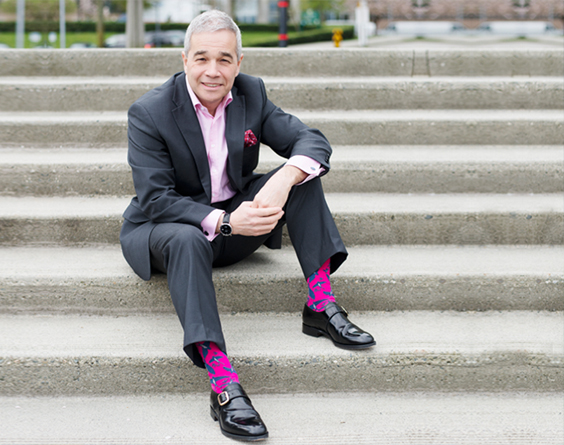
6. The single biggest mistake he sees virtually everyday in businesses on every corner of the globe are leaders that don’t take culture seriously and think that the way to success is complex strategies that no one understands. Robert believes that successful businesses have values aligned cultures and simple strategies.
7. He has built strategy for over 200 organizations from Fortune 50 to small 10 person businesses.
10 things you might not know about Lenja Faraguna
She was declared one of 12th World Changers by the New York Times Bestselling author Roy H. Williams and one of 40th most influential radio personalities under 40 by the Radio Advertising Bureau USA. Lenja Faraguna believes that “for your marketing to be supremely effective you don’t need a degree in marketing but in humanity.” This thought is the biggest lessons she’s learned in the last 12 years as an entrepreneur and coach and it is the DNA of her mission in life.
More things about her that you might not know:
1.The old marketing, the screaming one, discount throwing and narcisistic one is dead, because it yells, lies, undervalues and is loathed by most people.
2. She has a Bachelor degree in Philosophy, English and American Studies and Semiotics of Advertising at Karl-Franzens-Universität Graz, Austria.

3. She is the founder of Worldchangers Slovenia – the embassy of Slovenian entrepreneurs who are brave, give a damn, make money and change the world. A melting pot of knowledge, opportunity, ass-kicking environment and the first marcareting academy for smaller Slovenian entrepreneurs called “Crazy diamonds”.
4. She believes that everybody is unique in the world and she supports that. “There is no one like you. There was a 1: 400 trillion chance for you to be born. Even if someone has the same product/service, all the other components that make up a (PERSONAL) BRAND are unique to you! ONLY YOU! Yet most of the time, you do not show this uniqueness through your marketing = your communication with the outside world,” she write on http://ilovemarcareting.com/.
5. Success starts with yourself. Say YES to yourself and customers out there who are waiting for you to make their lives better. You will re-brand your MINDSET, re-brand your (personal) brand and finally give you tools to do marketing the modern way as marCAREting – so you can achieve a game changing success.
6. She believes marcareting works only when you CARE. About yourself and the others.

7. She is “nakedly” honest. “I’m real, raw, honest and I will call you up on your bull**it, spin your mindset and you will have to put in the work and go into action. Why? Because I believe that “ACTIONS are the endangered species in the world, not IDEAS”.
8. She doesn’t hide anymore. She admits her failures and learned from them. She had a major personal and business collapse in 2012 and when it couldn’t go lower it went up. She has risen like a phoenix, from her own ashes. She went from “bribing” her friends and dad to come to her seminars in 2011 for free, … to speaking to thousands all over Slovenia and Europe, at TEDx and on May 22nd 2017 with Gary Vaynerchuk, Robert Murray, Dr Kjell A. Nordström and Dr Jonas Ridderstråle (Funky Business), Julian Treasure (multi TED talk speaker) at Brands Minds Summit in Bucharest in front of 900 people!
9. She has worked with 134 start-ups as a mentor. She co-founded Club 466 International, where she sharpens the business diamonds of women leaders.
10. She loves the weather before the storm and Madness’ song “How can I tell you” and Xavier Naidoo song “Bitter hör nicht aud zu Träumen”, because they sum up my values about life and communication.
